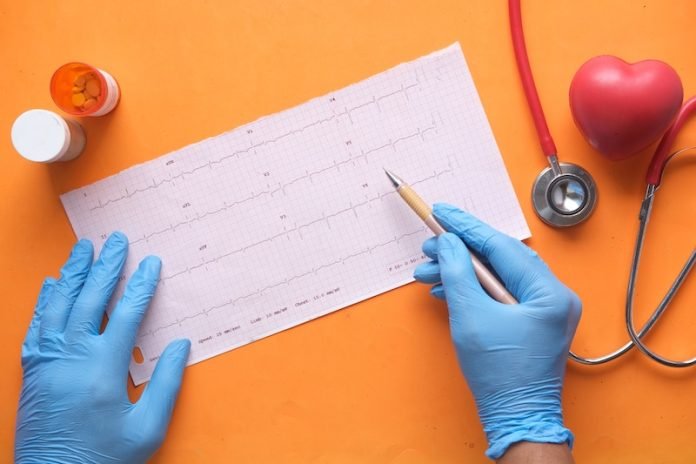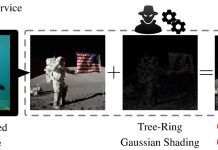
Listening to our hearts has always been a metaphor for understanding our deepest feelings. But when doctors literally listen to our hearts, they are tuning into vital signs of our physical health.
The characteristic “lub-dub” sound of the heart signifies the rhythmic opening and closing of heart valves.
When this rhythm changes or additional sounds like murmurs and squelches are detected, it may indicate an issue with the heart’s valves – a potentially serious condition known as Valvular Heart Disease (VHD).
Unfortunately, diagnosing VHD is not always straightforward. Our bodies are bustling with sounds, from the rush of our circulating blood to the subtle rumble of our digestive systems.
Amidst this symphony, the quiet whispers of a malfunctioning heart valve can easily go unnoticed. But what if technology could lend doctors a superior listening ear, capable of discerning these vital whispers amidst the cacophony?
AI: The Game-Changing Listener in Heart Care
A team from Stevens Institute of Technology, led by Negar Ebadi, an associate professor in electrical and computer engineering, and Arash Shokouhmand, a recent doctorate recipient, has developed a groundbreaking tool utilizing Artificial Intelligence (AI) to detect and categorize valvular disorders using short audio data.
Their innovative technique has shown incredible results, detecting VHD with a striking 93% sensitivity and 98% specificity, meaning it can accurately identify the disease and has a minimal rate of false alarms.
Traditional methods, involving a stethoscope and a doctor’s trained ear, have been estimated to identify only 44% of VHD cases, often catching them at advanced stages when the disease has already progressed significantly.
Missed diagnoses not only jeopardize patient health but also come with a hefty price tag, costing the healthcare system a staggering $42 billion a year.
In the Stevens team’s approach, they utilized a contact microphone, which picks up sound vibrations directly from a patient’s chest and fed this data into an AI model.
This isn’t just any AI; it’s been adapted from speech-processing algorithms designed to discern distinct voices amidst overlapping conversations.
The Future Echoes: From Clear Diagnoses to Disease Grading
This novel diagnostic method moves beyond merely identifying a problem. The team has constructed their AI system to identify five different valvular diseases simultaneously, even when multiple are present in one patient.
It generates a straightforward five-digit code of ones and zeros, representing the presence or absence of specific valvular diseases.
Notably, this isn’t just about identifying the problem – it’s about understanding its complexity and breadth.
Shokouhmand highlighted that the ability to discern multiple diseases concurrently was a pivotal innovation of their research.
The team is not settling there; their ongoing goal is to gather more data to enable the AI to classify diseases by their severity, offering a quantifiable metric that describes how advanced a particular valvular disorder has become.
In a broader vision, they aspire to broaden their technique to identify additional circulatory diseases, with the ultimate ambition of integrating their system into medical practices nationwide.
This endeavor could revolutionize how heart disorders are diagnosed, ensuring that more heart whispers are heard, understood, and acted upon before it’s too late.
In wrapping up, this AI tool emerges as not merely a technological advancement but as a beacon that could illuminate the obscured, often missed signals of our heart, enabling timely intervention.
With further development, this system promises not only to detect the silent warnings of heart diseases but also to gauge their severity, equipping healthcare professionals with the crucial insights needed to act, potentially saving countless lives and ensuring hearts are heard more clearly and accurately than ever before.
If you care about heart health, please read studies about the best time to take vitamins to prevent heart disease, and calcium supplements could harm your heart health.
For more information about heart health, please see recent studies that artificial sweeteners in food linked to higher risk of heart disease, and results showing people who have the lowest heart disease and stroke risks.
The research findings can be found in IEEE Transactions on Biomedical Engineering.
Follow us on Twitter for more articles about this topic.
Copyright © 2023 Knowridge Science Report. All rights reserved.



